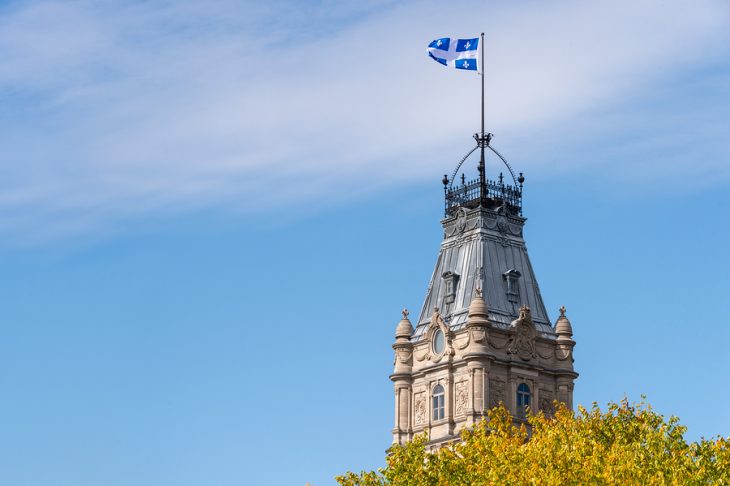
MONTREAL — Following a news report Monday by Radio-Canada saying Quebec premier François Legault’s election promise in 2018 that all Quebecers would have access to high-speed Internet by 2022 is not on track and will not be kept, Videotron issued a press release Tuesday calling on the provincial government to take action to achieve its goal.
The Radio-Canada report says approximately 330,000 Quebec households do not have access to high-speed Internet. That number was 340,000 in 2017, according to the report, which also says only about 7,000 unserved homes have been connected to high-speed Internet in the last two years, since the Coalition Avenir Québec (CAQ) came to power in the province.
Saying it wants to be part of the solution, Videotron says in its press release it is prepared to do everything possible to connect more Quebecers living in smaller communities.
“The Government of Québec can still keep its promises, provided that it act now and allocate the necessary resources to step up the pace,” reads the Videotron press release.
“Since the start of the application process for the public projects, Videotron has noted some major irritants, including the postponement of submission deadlines, delayed grant announcements and a glaring lack of transparency in the management of the process. The situation is no better at the federal level, where delays in the programs are all too common,” Videotron continues in the release.
Videotron said the Quebec government can still turn things around “by shifting into overdrive and letting local businesses that Quebecers trust take the lead.”
The company also took the opportunity to raise the issue of its ongoing dispute with Bell over access to telephone poles, saying the Quebec government must force Bell’s hand in the matter.
“Another lever Québec City could use with immediate effect would be to clamp down on Bell’s stratagems to block access to its telephone poles (support structures). The practices Bell is using to block or slow down its competitors have been drawing widespread condemnation for months,” Videotron says in its release.
“In May 2020, the government announced the creation of a coordinating table on the matter but did not see fit to include Videotron, Québec’s largest cable operator, or the other companies that are constantly suffering the consequences of Bell’s unfair tactics,” the company says.
Videotron wasn’t the only one to call out the Quebec government over its promise to have all Quebecers connected to high-speed Internet by the end of its current term.
On Wednesday, the leader of the official opposition Liberal Party of Quebec, Dominique Anglade, called on Premier Legault to be transparent with Quebecers and to say whether or not his government intends to connect all Quebecers to high-speed Internet by 2022.
“Today, we learn that it has been one year since the Coalition Avenir Québec knew that it would not be able to keep its electoral promise: to connect all of Quebec to high-speed Internet before the next election in 2022,” said Anglade, in an English translation of a press release. “However, yesterday in the National Assembly, Premier Legault, instead of being transparent, said that he would be able to meet the objectives while his Minister for Regional Economic Development, Marie-Ève Proulx, is now talking to us about potential delivery dates.
“What I’m asking of François Legault is to be transparent with the mayors of Quebec and all Quebecers. To put your cards on the table. It’s been more than two years that our regions have been told by the CAQ that they will have high-speed Internet access and now, mid-term, the reality is quite different. If this is the nationalism of the Legault government, I do not even dare to imagine its vision for the development and vitality of our regions. The least thing would have been to be transparent with our local governments,” Anglade said.



